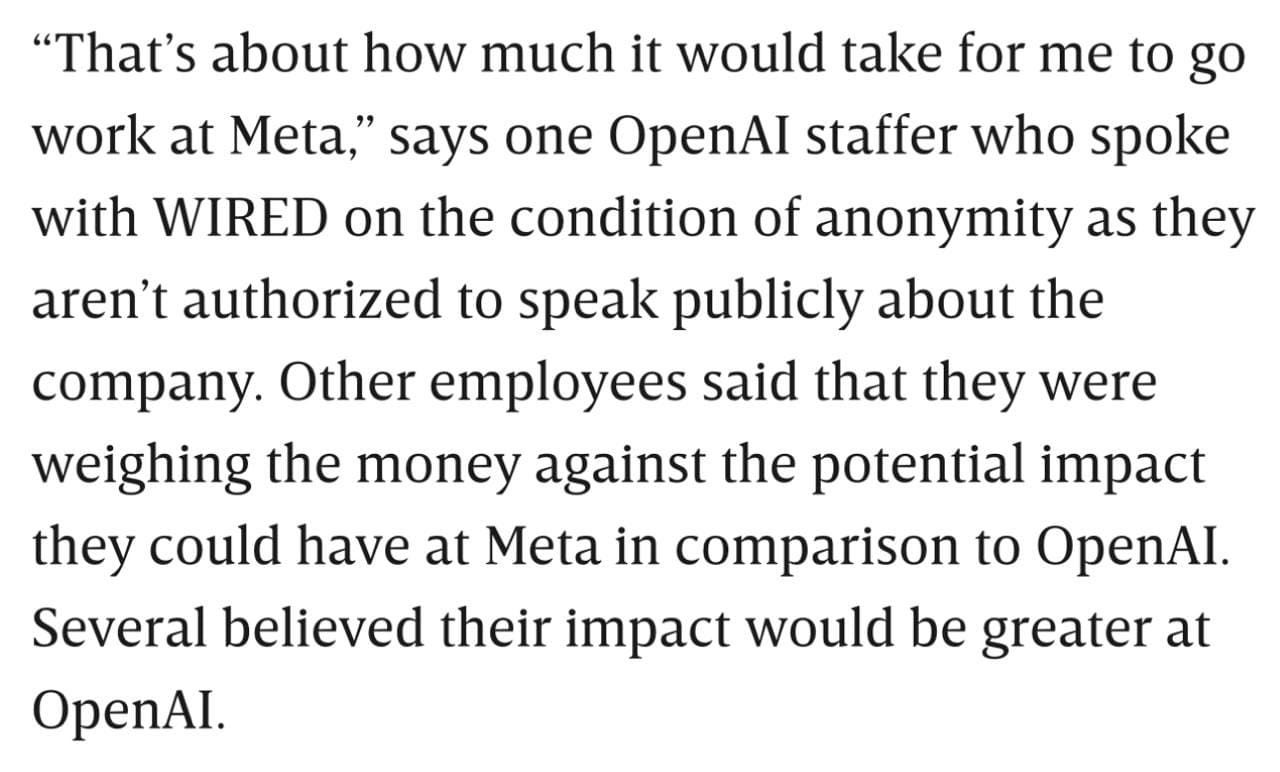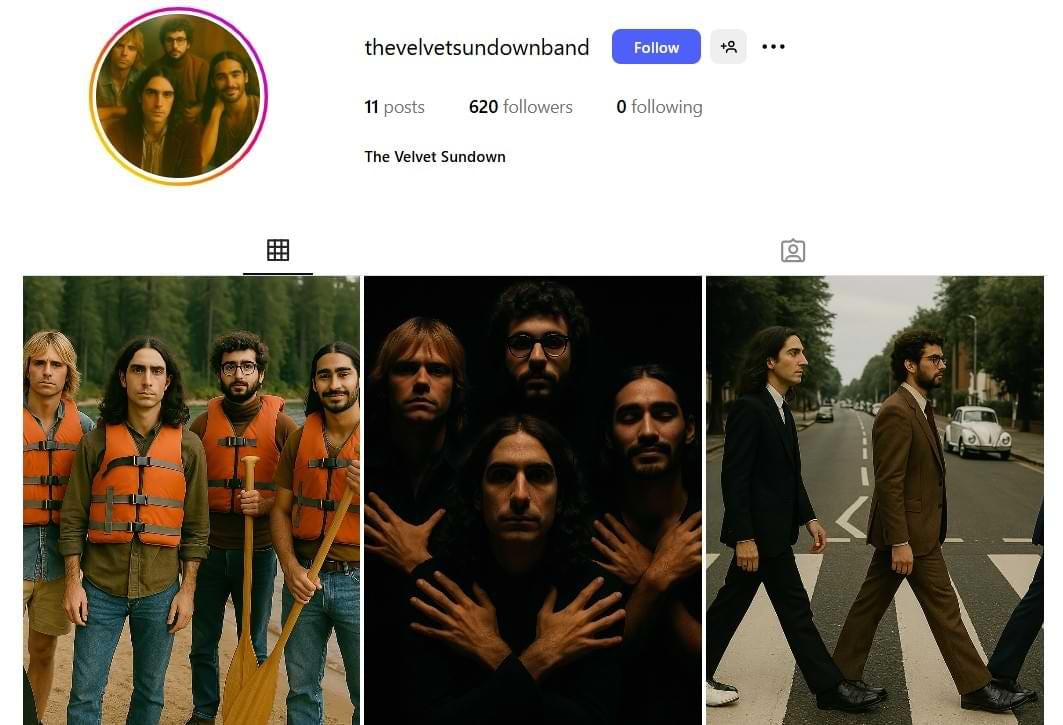A quick note before we dive in:
I’m taking the next two Fridays off from the newsletter. I’ll be in London for a week enjoying summer, then in Philly for a girlfriend’s birthday—trying to rest, catch my breath, and reset a bit.
That said, I’ll still be keeping close tabs on what’s happening—especially with GPT‑5 expected to launch this month.
If it does drop while I’m off… well, it’s a real big one. So, there’s a chance you’ll still hear from me. I probably won’t be able to help myself. 😁
I’ll also still be posting on LinkedIn while I’m away, so feel free to follow along there. And I’ll be back in your inbox July 25 with a full catch-up.
Oh—and if you know someone in London you think I should meet (and want to make an intro), let me know.
--
Ok, now back to the part where AI might be better at reading a room than we are.
A new study from the University of Geneva and the University of Bern found that, in many cases, AI scored higher than humans on emotional intelligence tests.
Researchers tested six AI models—including GPT-4 and Gemini 1.5 Flash—on five emotional intelligence assessments widely used in business and psychology.
These weren’t simple “spot the emotion” quizzes.
They required AI to navigate complex, nuanced and high-stakes situations: workplace conflict, interpersonal tension, emotionally charged decisions.
Like: A colleague takes credit for your idea. Do you call them out? Resent them quietly? Or handle it professionally?
(The best answer is talking privately to a superior.)
To perform well, the models had to demonstrate empathy, emotional regulation, situational awareness, and sound judgement.
AI models averaged 82%. Humans: 56%. 🤯
Honestly, it wasn’t the human scores that surprised me.
Most of us were never taught how to recognize, understand or manage our emotions—let alone someone else’s. We figure it out as adults, in therapy, if we’re lucky.
What did surprise me was the AI scoring that high.
And here’s what’s worth pausing on:
These weren’t even the latest models. 🤯(again)
No GPT-4o. No Gemini 2.5 Pro. Not even a single reasoning model in the mix.
In other words, yesterday’s tech already reads the room better than most of us.
And tomorrow’s models will be smarter, memory-enabled, and more emotionally attuned and culturally aware.
So, what happens If (or when) emotional intelligence isn’t a human advantage anymore?
Here are a few questions I haven’t stopped thinking about:
If AI can already outperform us on EQ tests, what exactly should we be teaching, hiring, and promoting for?
Will companies start relying on emotionally “perfect” AI coaches instead of imperfect—but real—human judgment?
What happens to our own emotional skill sets if AI starts doing the heavy lifting in how we communicate, resolve conflict, or express care?
If AI can de-escalate a conflict better than we can, how long before our clients—or our kids—prefer its advice over ours?
I am still thinking through the answers.
We need more research—and more honesty about what we’re already seeing.
In the meantime, maybe the smartest move is doubling-down on the one advantage AI still lacks: showing up in person when it counts.
What You Need to Know About AI This Week ⚡
Clickable links appear underlined in emails and in orange in the Substack app.
🗞️📰 AI is rapidly changing how we consume the news.
ChatGPT has become a real-time news hub for millions of readers.
Instead of Googling, more people are now asking ChatGPT for the latest on politics, markets, and world events.
News-related questions inside ChatGPT jumped 212 % in the past 16 months. Stocks made up the biggest share (33%), followed by finance, sports, and weather.
Meanwhile, referrals from ChatGPT to news publishers jumped by 25x year-over-year.
Publishers like Reuters, NY Post, and Business Insider are seeing the biggest gains. Unsurprisingly, they all have content licensing deals with OpenAI.
But others, like the New York Times, are underrepresented because they’ve blocked OpenAI’s web crawler.
That means ChatGPT can’t pull in, summarize, or link out to any of their content.
The Times still gets mentioned occasionally, but only when other outlets reference their work (“as reported by the New York Times...”), which makes them far less visible.
If you’re in publishing, media, comms, or publicity, I hope you’re paying close attention and evolving your strategy. There’s lots to do here…
🚨 China is doing what Hollywood won’t (and thankfully, can’t)
While the U.S. entertainment industry argues over compensation, consent, and control…
China is already doing the thing everyone fears.
It is remaking 100 beloved martial arts classics with AI—using the likenesses of Bruce Lee, Jackie Chan, and Jet Li to generate new animated versions for global audiences.
It’s doing all of this without asking estates, directors or a single guild. 🤯
The announcement surprised Bruce Lee’s estate and involved no direct input from John Woo (whose film is being reinterpreted).
The production is being handled by a 30-person AI animation team—replacing what would’ve been an entire crew.
🎯 The goal: turn legacy IP into new formats and revenue streams for a new generation of audiences worldwide—through animation, immersive experiences, even video games.
This is state-approved, industry-backed experimentation, and lawsuit-proof inside China.
Will the content be any good? Hard to say…
But China now gets to find out—at speed, without negotiation, and at a fraction of the cost.
That kind of freedom creates a strategic edge: not because the content will be better, but because they experiment at scale without legal limitations or creative resistance.
This makes China more agile.
Thankfully, we have guardrails. They’re imperfect. But they exist—and they’re being tested, negotiated and shaped in real time.
Still, we should pay attention because:
1️⃣ China’s AI studios will iterate faster and cheaper than any country with union or licensing constraints. That squeezes budgets and wage expectations everywhere.
2️⃣ The tech they improve will eventually compete on global platforms. Kung-fu classics re-animated for Gen Z TikTok feeds = cultural export.
3️⃣ If audiences accept AI remakes in China, pressure builds on Hollywood to relax its own guardrails. Shareholders and profit margins demand it.
One side is already rewriting the rules.
We can’t afford to ignore how fast the ink is drying.
🤑 Meta is out here signing AI researchers like it’s the World Cup.
Zuck is in beast mode.
He has poached 11 world class AI researchers from Google, Anthropic, and mainly OpenAI for his new superintelligence team at Meta.
These include several who helped build GPT-4o (the most used model in ChatGPT) and the o-series models powering ChatGPT’s reasoning capabilities.
Meta is reportedly offering up to $300M over four years—more than $100M in total comp for year one alone.
Where top researchers land over the next 12–18 months will shape what each company is actually capable of building.
If your company is planning to work or partner with any AI companies, make sure you’re working with someone who understands where top talent is going (and why), where they came from, and what that means.
It’s one of the most critical (and most overlooked) layers in an already complex and fast-moving map.
The Senate voted 99–1 to block a proposed ban on state-level AI laws, keeping the door open for states like California and New York to write their own rules.
Big Tech pushed hard for the ban. This time, they lost.
After falling behind on AI, Apple is considering using OpenAI or Claude maker Anthropic’s models to power Siri, a clear sign that its in-house models aren’t cutting it.
Half a million people have streamed The Velvet Sundown on Spotify—without realizing the band isn’t real. The songs were all generated by AI.
Spotify doesn’t have to label AI music, so it doesn’t. And most people can’t tell the difference.
Entry-level jobs in the UK have dropped by nearly a third since ChatGPT’s debut in late 2022.
CJ ENM, the Korean media company behind Parasite, is going all-in on AI—starting with Cat Biggie, a fully AI-generated animated series created in five months by a team of six. The show will stream globally on YouTube starting this month.
The company plans to apply AI across the entire content pipeline, from IP discovery to production and marketing. Next up: AI-generated films and dramas.
In case you missed last week’s edition, you can find it 👇:
That's all for this week.
I’ll see you in two weeks (if not sooner). Thoughts, feedback and questions are always welcome and much appreciated. Shoot me a note at avi@joinsavvyavi.com.
Stay curious,
Avi
💙💙💙 P.S. A huge thank you to my paid subscribers and those of you who share this newsletter with curious friends and coworkers. It takes me about 20+ hours each week to research, curate, simplify the complex, and write this newsletter. So, your support means the world to me, as it helps me make this process sustainable (almost 😄).













I listened to a podcast that sounded so real, I thought they were two humans. They laughed, they interrupted one another, they riffed off of each another. They even made some mistakes. It legitimately sounded human so much so my mind was completely blown when I found out it was AI.